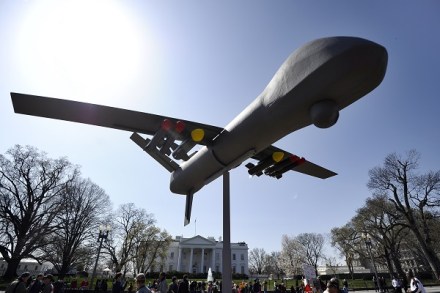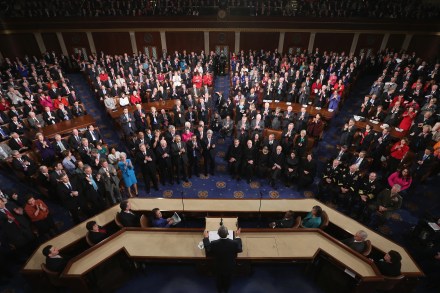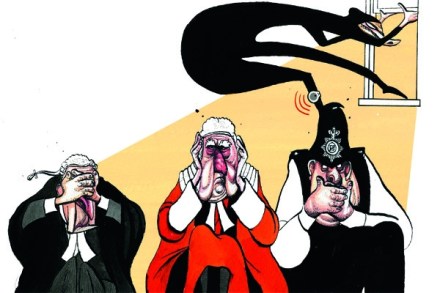The Worst Argument Yet for Intervening in Syria: If We Don’t, Other Countries Will Snigger At Britain
We should, I suppose, be grateful to Benedict Brogan for his column today examining some of the reasons for why Britain should become more heavily involved in the Syrian civil war. Grateful, that is, because Mr Brogan’s article reveals how pitifully inadequate these reasons are. Here’s Mr Brogan’s conclusion: The coalition against intervention in Syria appears to have all the arguments on its side. It is, by any measure, a terrible idea, and on current standings the Prime Minister would struggle to secure necessary support in the Commons. But Mr Cameron says he wants to save Britain from international relegation. In which case, membership of the league of front rank nations

















